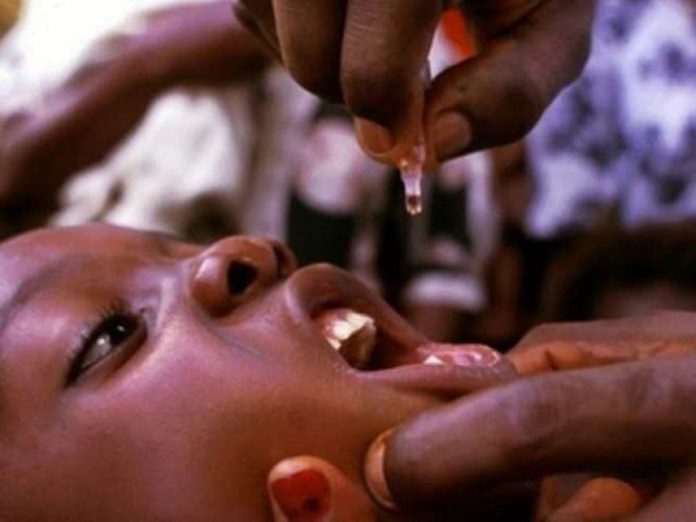Africa has passed a milestone threshold with three years of no detection of wild poliovirus according to a comprehensive evaluation process made by the Africa Regional Certification Commission.
A statement signed and copied to the Ghana News Agency by Mr Collins Boakye-Agyemang, the Communications Officer of the World Health Organisation (WHO), explained that the evaluation was to determine if the entire WHO African Region of 47 countries indeed could be declared to have eradicated wild poliovirus.
Certification that the WHO African Region is free of wild polio is expected in early 2020, the statement said.
It said Dr Matshidiso Moeti, the WHO Regional Director for Africa said: “We are confident that soon, we will be trumpeting the certification that countries have, once and for all, kicked polio out of Africa”.
If the evaluation process proves the wild virus is gone, Africa would join four of the WHO regions – the Americas, the Western Pacific, Europe and South-East Asia in holding this distinction and leave only the WHO Eastern Mediterranean region still working to stop the virus, the statement said.
Dr. Moeti, according to the statement, praised the continent’s resilience and strong commitment to stopping the virus in overcoming the tough challenges.
“The path to eradicating polio in Africa has been a monumental effort of multinational coordination on an unprecedented scale, providing vaccinations to hundreds of millions of children and conducting immunization campaigns in some of the most remote locations in the world, with vigilance and exhaustive surveillance to timely detect outbreaks, including among people on the move.
“It has involved men and women volunteering in the thousands, sometimes putting themselves in harm’s way, some even sacrificing their life for this work,” she said.
Dr Moeti, according to the statement added: “These successes would not have been possible without the incredible perseverance of countries and partners in the Global Polio Eradication Initiative who have mobilized the financial and technical resources to get the job done.”
The acclaim was buttressed with caution for lingering challenges to immunization coverage that are needed to protect communities from the rare non-wild polio strains that could emerge when a population was not thoroughly immunized.
It explained that reaching every last child with life-saving vaccines as well as strengthening surveillance and routine immunization across the region would be essential to sustain the progress against wild polio and other strains.
Since the last wild polio case was detected on August 21, 2016 in Nigeria, the statement said government had organised more than a dozen supplementary immunization campaigns with oral polio vaccine, and worked on strengthening routine immunization.
It has also improved its polio surveillance networks and deployed innovative strategies (market vaccination, cross-border points and outreach to nomad populations) to reach more children with polio vaccine, the statement said.
“Despite the progress, a number of remaining challenges including inaccessibility due to conflict and insecurity in some areas, variations in campaign quality, massive mobile populations and, in some instances, parental refusal has prevented health workers from reaching all children everywhere with polio vaccines.
Suboptimal routine immunization coverage, according to the statement, remains a critical challenge in some countries and as a result, outbreaks of circulating vaccine-derived poliovirus – a rare occurrence in communities with low levels of population immunity – are still possible in several countries across Africa.
“This August’s milestone on wild polio is a positive sign of progress across the continent, but our work is not yet done. We must remain vigilant in our immunization and surveillance efforts: Every country must continue ensuring that it is closely looking for the virus and reaching every child with vaccines,” Dr Moeti said.
Africa records no wild polio for three years
-


Audio By Carbonatix

